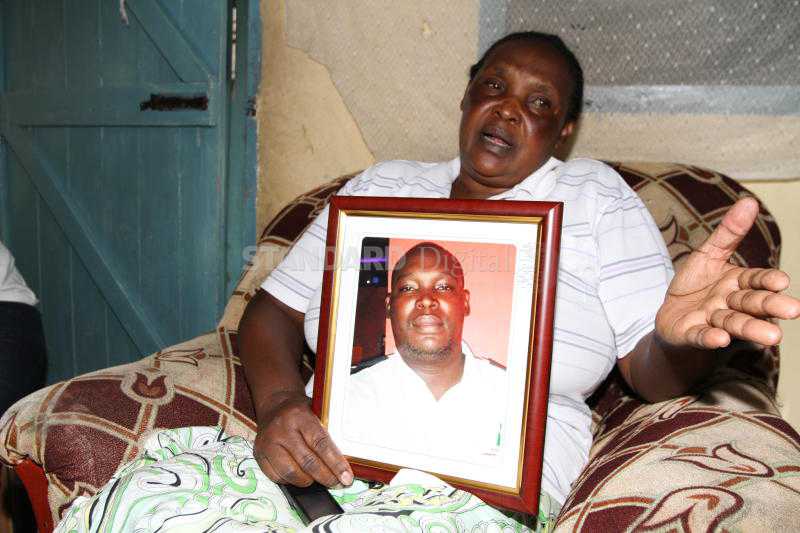×
The Standard e-Paper
Fearless, Trusted News

Mary Munyao’s life was shattered following the news of her nephew’s death. For three weeks now, she wakes up with her bed sheets drenched in tears after a night of pain and anguish.
On May 2, she lost her orphaned nephew. The young man had shown drive and ambition in a city that can be unforgiving. Unfortunately, Nairobi, which held so much promise for a young Peter Munyao, was also the city that devoured him.







